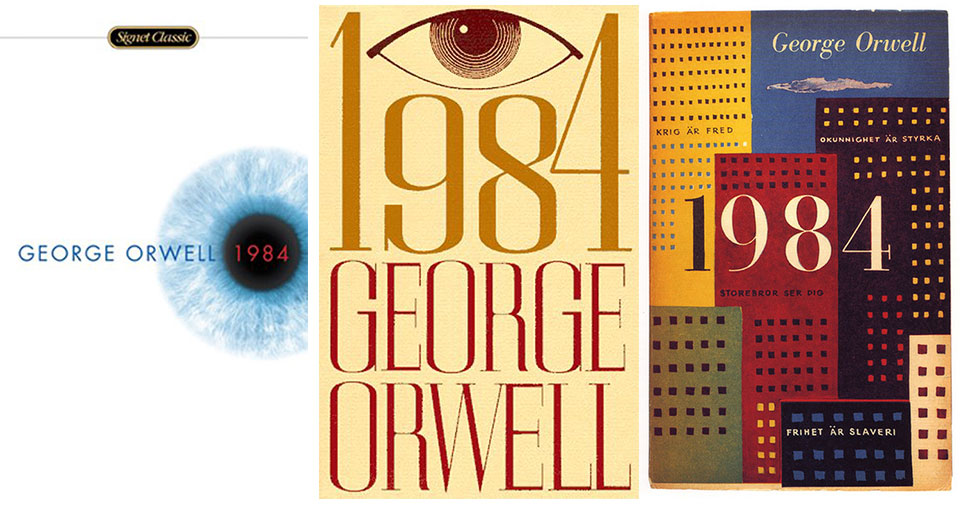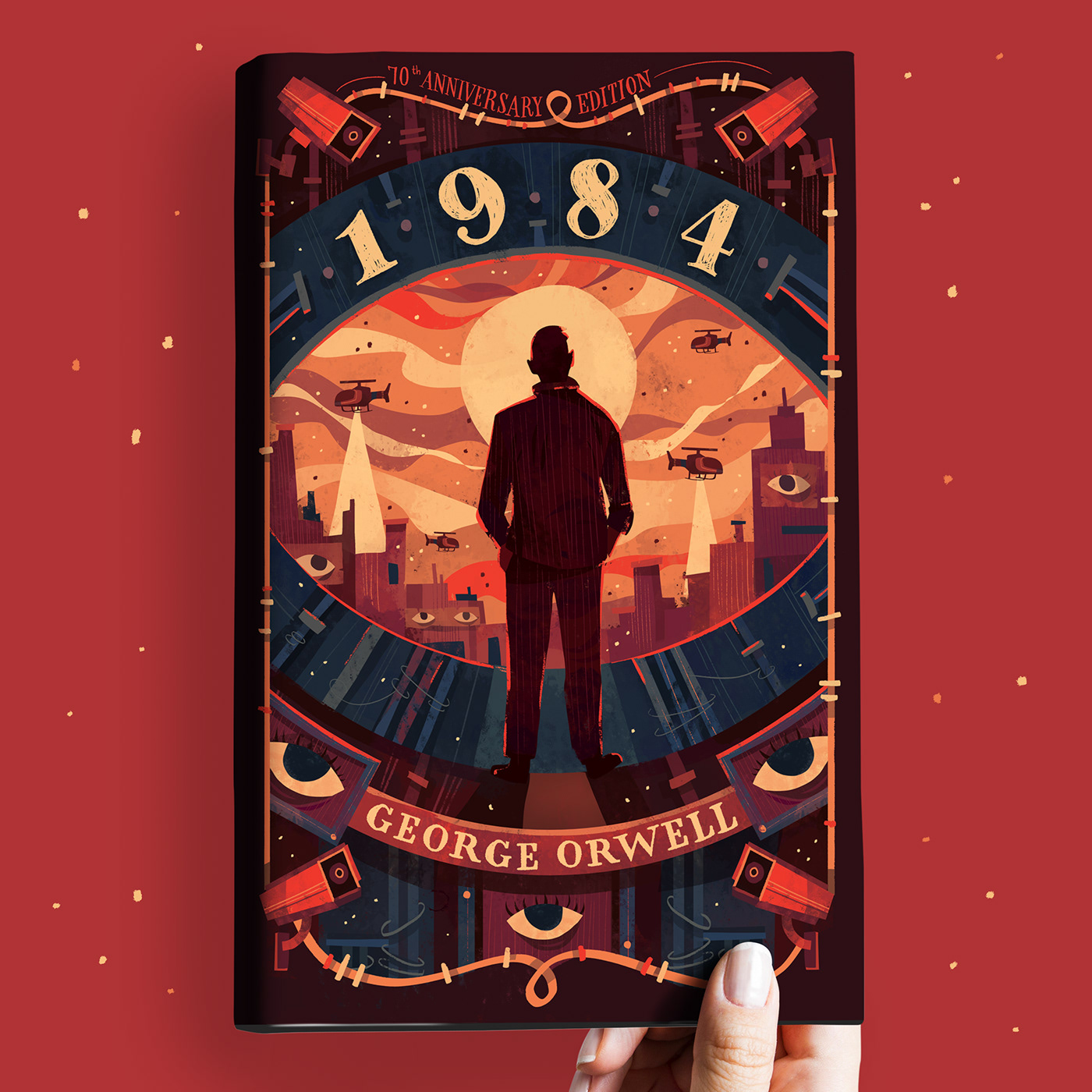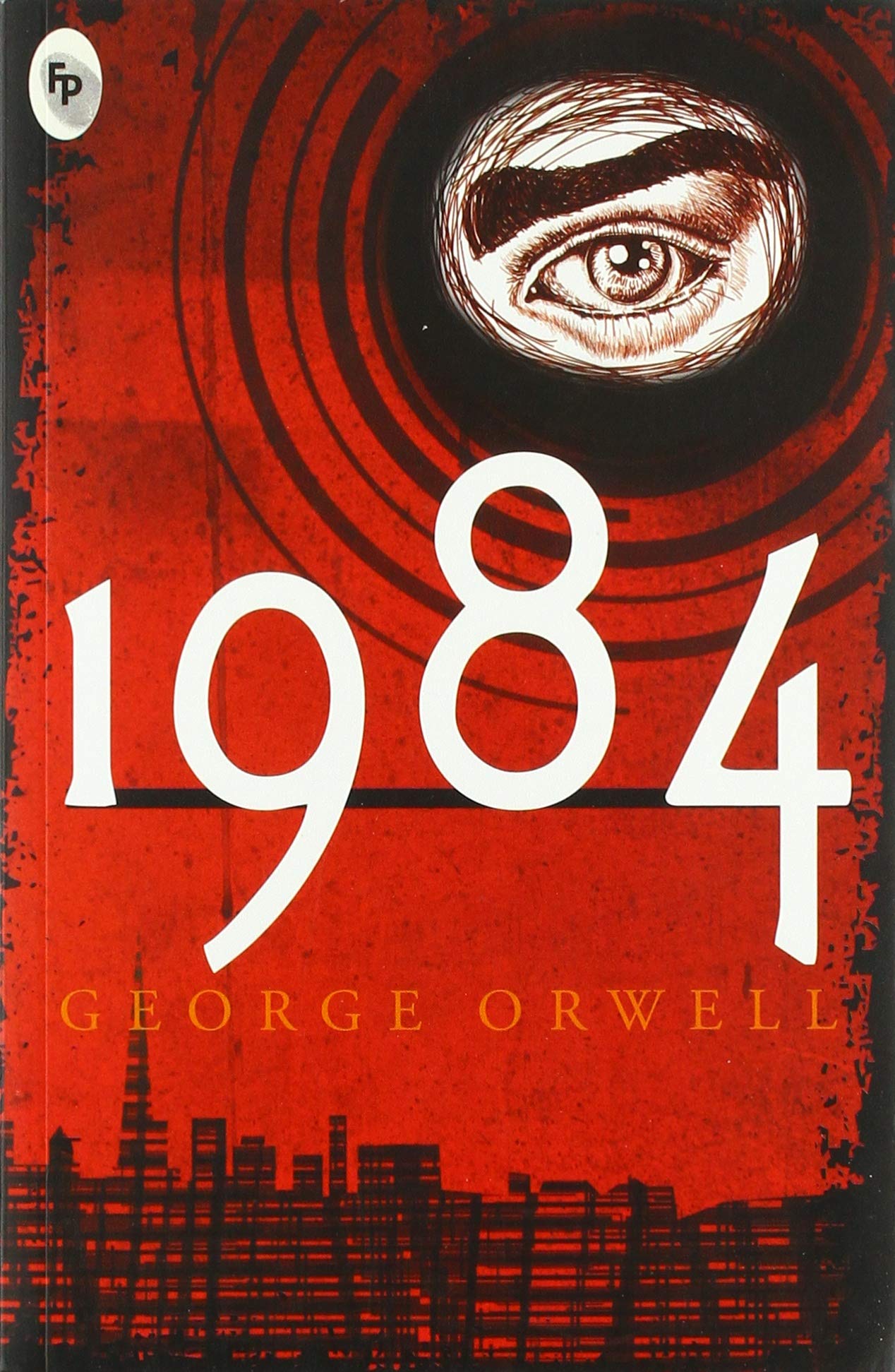Books by George Orwell: A Deep Dive into Dystopia and Beyond

George Orwell, the pen name of Eric Arthur Blair (1903-1950), remains one of the most influential and enduring writers of the 20th century. His works, a potent blend of fiction and non-fiction, continue to resonate with readers worldwide, offering chillingly prescient social commentary and insightful explorations of power, language, and the human condition. While best known for his dystopian masterpieces Nineteen Eighty-Four and Animal Farm, Orwell’s literary legacy extends far beyond these iconic novels, encompassing a diverse range of genres and styles that reflect his unwavering commitment to truth and social justice. This comprehensive exploration delves into Orwell’s extensive body of work, examining its enduring themes, literary techniques, and lasting cultural impact.
Orwell’s Literary Landscape: Genres and Themes
Orwell’s writing defies easy categorization. His works traverse various genres, including dystopian fiction, political satire, memoir, and social commentary. A recurring thread throughout his writing is a deep concern for the vulnerability of truth and individual liberty in the face of oppressive regimes and manipulative ideologies.

Dystopian Fiction: Nineteen Eighty-Four and Beyond
Orwell’s Nineteen Eighty-Four stands as a monumental achievement in dystopian fiction, a cautionary tale that continues to captivate and unsettle readers decades after its publication. The novel’s depiction of Oceania, a totalitarian state ruled by the omnipresent Big Brother, explores the insidious nature of surveillance, propaganda, and the manipulation of language (Newspeak) to control thought and behavior. The protagonist, Winston Smith, struggles against the Party’s oppressive regime, highlighting the enduring human desire for freedom and individual expression even in the face of overwhelming odds.
While Nineteen Eighty-Four is undoubtedly Orwell’s most famous dystopian work, his other novels also delve into themes of social control and oppression, albeit in different contexts. Animal Farm, a satirical allegory of the Russian Revolution, uses the metaphor of a farmyard rebellion to expose the dangers of unchecked power and the corruption of ideals. The seemingly simple story of animals overthrowing their human oppressors quickly transforms into a chilling illustration of how revolutions can betray their initial promises and devolve into tyranny. Orwell’s lesser-known works, such as Burmese Days, while not strictly dystopian, offer glimpses into oppressive systems – in this case, British colonial rule in Burma – showcasing the corrosive impact of power imbalances on both the oppressors and the oppressed.

Social Commentary and Memoir: A Mirror to Society
Orwell’s non-fiction works provide essential context for understanding the dystopian visions portrayed in his fiction. Down and Out in Paris and London, a firsthand account of poverty and destitution, exposes the harsh realities faced by the marginalized and vulnerable in society. The book is a stark reminder of the social inequalities that can fuel resentment and rebellion, paving the way for oppressive regimes to rise to power.
Similarly, The Road to Wigan Pier offers a searing critique of the social and economic conditions of working-class communities in northern England during the 1930s. The book reveals the brutal realities of poverty and its debilitating effects on individuals and families, further illuminating the social conditions that can create fertile ground for extremist ideologies. Homage to Catalonia, a deeply personal account of Orwell’s experiences fighting in the Spanish Civil War, chronicles his disillusionment with the political machinations and betrayals that marred the conflict, contributing to his broader understanding of totalitarianism and the fragility of democratic ideals.

Orwell’s Enduring Legacy: Cultural Impact and Adaptations
Orwell’s works have transcended their original contexts, becoming ingrained in popular culture and influencing countless artistic expressions. The terms “Orwellian,” “Big Brother,” and “Newspeak” have entered the lexicon, symbolizing government overreach, surveillance, and the manipulation of language for political purposes. Orwell’s impact extends far beyond vocabulary, influencing literature, film, theatre, and other artistic mediums.
Literary Influence: Shaping the Narrative
Orwell’s clear, precise prose style, combined with his sharp wit and intellectual rigor, has had a profound impact on subsequent writers. His willingness to engage with complex political issues in accessible and engaging ways has established him as a model for authors tackling similar themes. The legacy of Nineteen Eighty-Four in particular is vast, influencing countless dystopian narratives that explore themes of totalitarian control, surveillance, and the manipulation of information. Many authors have drawn upon Orwell’s work not just thematically but also stylistically, adopting his direct and accessible prose style to address contemporary social and political issues.
Adaptations and Interpretations: A Multifaceted Legacy
Orwell’s works have been adapted into numerous films, television shows, stage productions, and even opera and ballet. These adaptations have not only broadened the reach of Orwell’s ideas but have also offered varying interpretations of his complex themes. Each adaptation reflects the specific cultural context in which it was created, highlighting how Orwell’s work continues to be re-evaluated and re-interpreted through the lens of contemporary concerns. The enduring popularity of these adaptations is a testament to the enduring power and relevance of Orwell’s message.
Orwell’s Continued Relevance: A Timeless Warning
Despite being written decades ago, Orwell’s works remain strikingly relevant in the 21st century. Concerns about government surveillance, the spread of misinformation, and the erosion of democratic values are all themes that resonate powerfully with contemporary anxieties. Orwell’s warnings, though rooted in the specific historical context of his time, offer a timeless commentary on the ongoing struggle between individual freedom and the forces that seek to suppress it. The continued interest in his works serves as a stark reminder that the dangers he depicted are not merely historical artifacts but ever-present threats that require constant vigilance.
Analyzing Orwell’s Impact on Contemporary Society
Orwell’s sharp observations of the abuse of power, manipulation of language, and suppression of dissent remain remarkably prescient. In a world increasingly concerned with issues like fake news, social media manipulation, and government surveillance, his works serve as urgent warnings against the erosion of truth and democratic values. The themes of his novels and essays – the importance of individual thought, resistance to authority, and the dangers of totalitarianism – continue to resonate deeply with readers facing similar challenges in our modern era. By understanding Orwell’s critiques, we can develop a greater awareness of the subtle mechanisms through which freedom and individual thought can be eroded, and work to preserve the values he championed.
The Power of Orwell’s Prose: Clarity and Impact
Orwell’s literary style is characterized by its remarkable clarity and precision. He believed in the power of plain language and condemned “political language” that obscured meaning and promoted propaganda. His writing serves as a model for effective and accessible social commentary. The clear and concise language he employed, combined with his sharp wit and detailed descriptions, allows readers to easily engage with the complex and often disturbing themes of his works.
Conclusion: The Enduring Legacy of George Orwell
George Orwell’s contribution to literature and political thought is immeasurable. His works serve as a potent reminder of the importance of critical thinking, honesty, and resistance to oppression. Whether exploring the horrors of totalitarianism in Nineteen Eighty-Four or the dangers of ideological manipulation in Animal Farm, Orwell’s writings remain vital reading for a world grappling with increasingly complex social and political issues. His legacy extends far beyond his specific works, shaping not only literary trends but also our very understanding of power, language, and the ongoing struggle for freedom. The enduring relevance of his work underscores the timeless nature of his message and the continuing need for critical engagement with the forces that threaten individual liberty and the pursuit of truth.